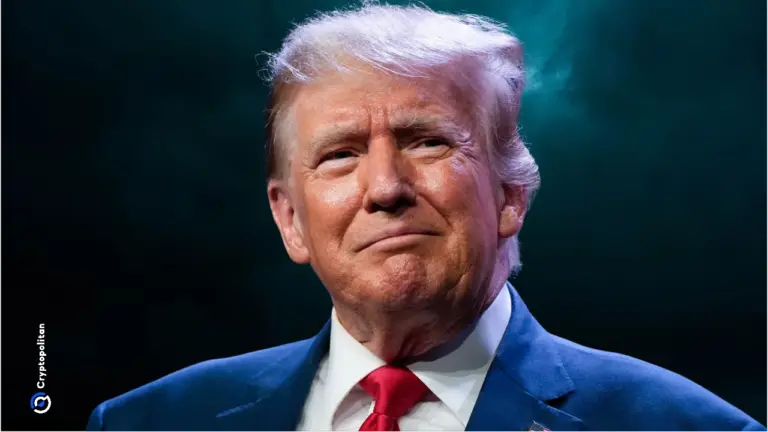Sen. Lummis Proposes Crypto for Mortgage Risk Assessment
- Lummis’s action could reshape mortgage eligibility criteria.
- The bill aims to integrate crypto into financial systems.
- Market and regulatory effects remain speculative.
Senator Cynthia Lummis has introduced the 21st Century Mortgage Act, which directs Fannie Mae and Freddie Mac to include cryptocurrency holdings in mortgage risk assessments. This includes Bitcoin and other digital assets without converting them to U.S. dollars.
Senator Cynthia Lummis introduced legislation on February 17, 2026, in Washington, D.C., for Fannie Mae and Freddie Mac to include cryptocurrency in mortgage risk assessments.
Senator Lummis’s bill suggests significant changes, aiming to incorporate cryptocurrency holdings in assessing mortgage risks, potentially influencing the housing market. Immediate reactions from markets or regulatory bodies are yet to be seen.
The proposed 21st Century Mortgage Act aims to allow cryptocurrency like Bitcoin in Fannie Mae and Freddie Mac’s mortgage evaluations. Senator Cynthia Lummis, a known crypto proponent, champions this bill to modernize financial assessments.
Senator Lummis, keen on supporting digital asset adoption, sees this move as a step toward updated financial systems. Fannie Mae and Freddie Mac must now re-evaluate their risk protocols, potentially incorporating cryptocurrencies without conversion into U.S. dollars.
This legislation embraces an innovative path to wealth-building, keeping in mind the growing number of young Americans who possess digital assets.— Cynthia Lummis, U.S. Senator
This legislation could influence asset management strategies, impacting financial markets and inviting new assessments of digital currencies. Bitcoin and other recognized cryptocurrencies are expected to be at the forefront of these changes.
The bill faces skepticism from Senate Democrats, cautious about crypto volatility. They argue this move could increase borrower risk, highlighting the need for balanced evaluation. Financial implications remain contingent on successful legislative passage.
For broader financial implications, successful passage might set precedents for other sectors to consider digital assets, influencing future policy directions. The focus on Bitcoin and major stablecoins illustrates a strategic approach to expand asset classifications.
While potential changes could redefine asset reserves, much depends on future discussions. Historical data suggests mixed outcomes where crypto integration is concerned, mandating a careful approach to such policy implementations.
Disclaimer: The content of this article solely reflects the author's opinion and does not represent the platform in any capacity. This article is not intended to serve as a reference for making investment decisions.
You may also like
Ripple releases volume 1 of its OCC banking license application
Share link:In this post: Ripple has released the first volume of its OCC banking license application, taking a formal step to increase its financial infrastructure. The firm proposes its National Trust Bank, with its application focusing on the use of RLUSD. Ripple unveils its five-man governance panel, establishing its commitment towards regulatory oversight.
Pakistan and Kyrgyzstan to deepen collaboration in crypto and blockchain innovation
Share link:In this post: Pakistan and Kyrgyzstan have agreed to deepen collaboration in crypto and blockchain innovation. Both countries also agreed to share knowledge, expertise, and best practices to help their economies. Pakistan signs several MoUs with Kyrgyzstan amid the downturn in its economic conditions.

Trump’s TMTG reports $3.1B assets, $20M loss in Q2 report
Share link:In this post: Trump Media & Technology Group reported a net loss of $20 million on net sales of $883,300 for Q2 2025. Donald Trump owns 52% of TMTG through a revocable trust, with his stake valued at approximately $1.9 billion. TMTG attributed its Q2 results to various factors, but the most notable one is reportedly its Bitcoin treasury.

India defies Trump warning, vows to continue Russian oil imports
Share link:In this post: India confirmed it will continue importing Russian oil despite Trump’s threat of penalties and a 25% tariff. Officials said no instruction has been given to oil companies to cut back on Russian crude. India now gets over 33% of its oil from Russia, up from less than 1% before the Ukraine war.
